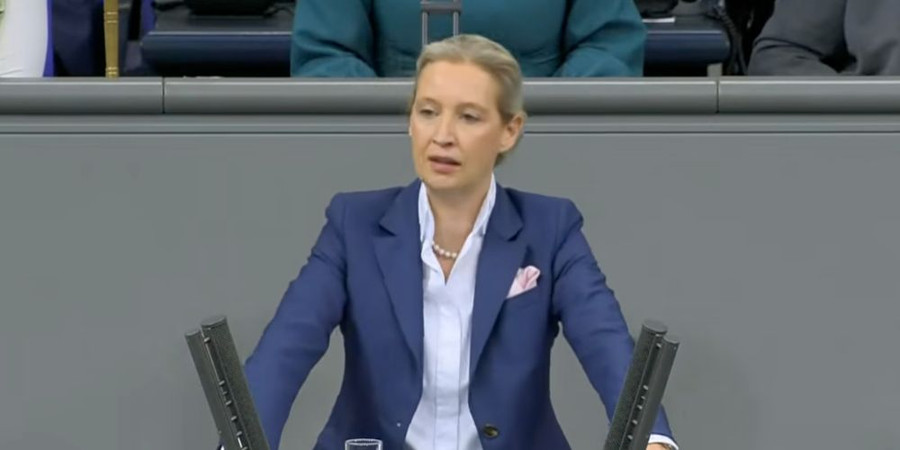This decision marks the conclusion of a three-year period during which federal student loan payments and interest were put on hold. The pause on student loan payments and interest was initially implemented in 2020 as part of a pandemic relief package passed by Congress. This pause was then extended multiple times by both the Trump and Biden administrations.
While payments will resume in October, the Biden administration has introduced an “on-ramp period” that provides borrowers with an extended transition period. This period allows borrowers to delay making payments for up to a year without facing default status or negative impacts on their credit scores. This transitional period will last until September 2024.
“In addition, to protect the most vulnerable borrowers from the worst consequences of missed payments following the payment restart, the Department is instituting a 12-month ‘on-ramp’ to repayment, running from October 1, 2023 to September 30, 2024, so that financially vulnerable borrowers who miss monthly payments during this period are not considered delinquent, reported to credit bureaus, placed in default, or referred to debt collection agencies.“ U.S. Department of EducationPreviously, the Biden administration attempted to implement a large-scale student loan forgiveness program, seeking to cancel a significant portion of student loan principal. However, the Supreme Court ruled in June that the administration lacked the authority to make sweeping changes to student financial assistance programs that would involve canceling debt principal entirely.
Months after the ruling, the Department of Education announced that it planned to “cancel” $39 billion in student debt for certain borrowers. Though the qualifications for cancelation are relatively narrow, the plan still eliminates 800,000 borrowers’ debt.
Two conservative think tanks quickly filed a lawsuit to challenge the plan. The New Civil Liberties Alliance (NCLA) on behalf of the Cato Institute and the Mackinac Center for Public Policy, claimed that the Department’s plan was “put on an accelerated schedule apparently designed to evade judicial review.”





